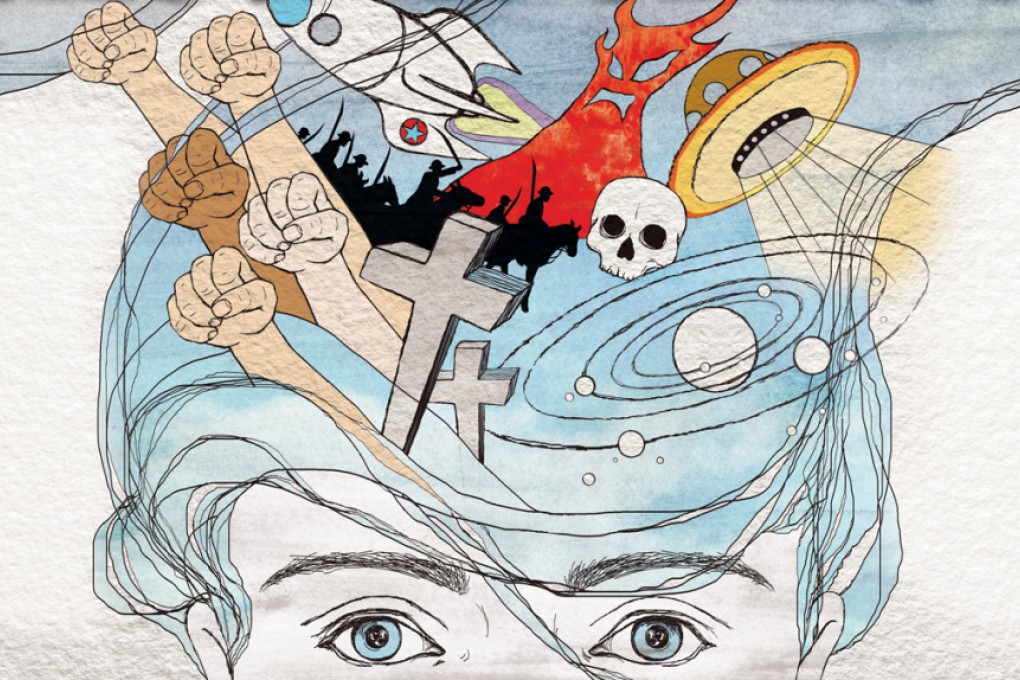Beliefs – why do we have them and how did we get them?
Believe it or not, many of the most important things we hold to be true are not the product of fact and reason. Graham Lawton explains.

The day I sat down to write this article the news was rather like any other day. A teenager had been found guilty of plotting to behead a British soldier. Fighting had broken out again in Ukraine. Greece was accusing its creditors of being motivated by ideology rather than economic reality. Some English football fans were filmed racially abusing a man on the Paris subway. In post-Occupy Hong Kong, a clash over “artistic differences” within the Hong Kong Chinese Orchestra was turning nasty. Admittedly, all of that day’s stories were unique in themselves. But at the root they were all about the same thing: the powerful and very human attribute we call belief.
Beliefs define how we see the world and act within it; without them, there would be no plots to behead soldiers, no war, no economic crises, no racism and no showdowns between musicians. There would also be no cathedrals, no nature reserves, no science and no art. Whatever beliefs you hold, it’s hard to imagine life without them. Beliefs, more than anything else, are what make us human. They also come so naturally that we rarely stop to think how bizarre belief is.
In 1921, philosopher Bertrand Russell put it succinctly when he described belief as “the central problem in the analysis of mind”.
Believing, he said, was “the most ‘mental’ thing we do” – by which he meant the most removed from the “mere matter” that our brains are made of. How can a physical object like a human brain believe things? Philosophy has made little progress on Russell’s central problem.
But increasingly, scientists are stepping in.
“We once thought that human beliefs were too complex to be amenable to science,” says Frank Krueger, a neuroscientist at George Mason University, in Virginia, the United States. “But that era has passed.”
What is emerging is a picture of belief that is quite different from common-sense assumptions of it – one that has the potential to change some widely held beliefs about ourselves. Beliefs are fundamental to our lives, but when it comes to what we believe and why, it turns out we have a lot less control than you might think.